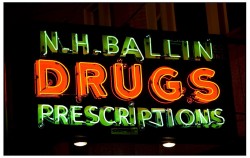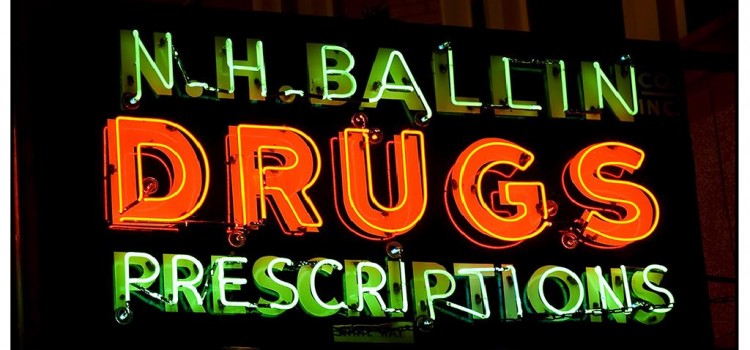 Detox is an arduous process, and often more difficult to attend for prescription drug addiction because people consider prescriptions safe to use and because, typically, a doctor prescribes them. Though legal, it is the illegal way in which people employ these drugs that causes such serious problems. When patients start to manipulate the system, for example, going to three different doctors at the same time for prescriptions of Valium, Oxycontin, Benzodiazepines, etc.; it is no longer for health related causes. Prescriptions drugs can be more dangerous since people consider them to be safer, but withdrawals from these drugs are just as difficult as withdrawals from heroin. The abuse has evolved into such a problem that there are currently drug facilities dedicated exclusively to prescription drug rehab.
Detox is an arduous process, and often more difficult to attend for prescription drug addiction because people consider prescriptions safe to use and because, typically, a doctor prescribes them. Though legal, it is the illegal way in which people employ these drugs that causes such serious problems. When patients start to manipulate the system, for example, going to three different doctors at the same time for prescriptions of Valium, Oxycontin, Benzodiazepines, etc.; it is no longer for health related causes. Prescriptions drugs can be more dangerous since people consider them to be safer, but withdrawals from these drugs are just as difficult as withdrawals from heroin. The abuse has evolved into such a problem that there are currently drug facilities dedicated exclusively to prescription drug rehab.
Part of the reason why prescription drug addiction occurs is that when people consume a drug for an extended period due to painful surgeries and medical procedures, the body becomes dependent on the drugs to function. Hence the reason patients with a morphine drip often undergo mini detoxes after recovery from surgeries and medical procedures. When the medicine decreases in dosage, the body has a detrimental response, especially with higher levels of the drug in the system. Coming off these drugs often leads to seemingly worsening pain, flurried thoughts, and accentuated anxiety.
The body is not the only part of the person addicted to drugs either. Eventually, the brain cannot function without a daily hit. Because the pills maintain a sort of societal approval and are easier to use than cocaine or heroin, prescriptions have slowly and exponentially become quite a popular. Prescription pills are almost effortless to obtain compared to most street drugs: adolescents and teenagers can raid the medicine cabinets of addicted parents for their own exploitation—to use or to sell—exacerbating generational abuse.
The other side to addiction is the psychological dependence, assuming an inability to cope with the pressures of work and of home without prescription medication. Desperate for the ease and comfort associated with pills yet frustrated with the diminishing euphoria the pills provide after each hit, people have difficulty maintaining an adequate supply of pills. The things done to maintain a supply of pills often lead to feelings of guilt, shame, and hopelessness over the situation. It is these feelings professional counselors help addicts deal with as they learn new behaviors: how to cope with without drugs, how to deal with wanting to go to the emergency room for a prescription, how to live life without drug dependence.
